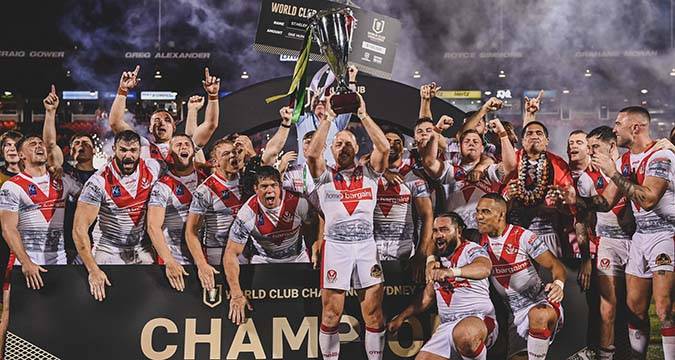 AS 2024 begins, League Express writer STEPHEN IBBETSON concludes our annual five-part series of articles that look back at the season just gone and picks out the significant and memorable moments we’ll all remember, whether they are triumphs or tragedies, great matches or momentous events.
This week we consider the top ten moments, counting do
AS 2024 begins, League Express writer STEPHEN IBBETSON concludes our annual five-part series of articles that look back at the season just gone and picks out the significant and memorable moments we’ll all remember, whether they are triumphs or tragedies, great matches or momentous events.
This week we consider the top ten moments, counting do The 10 most significant and memorable Rugby League moments of 2023
 AS 2024 begins, League Express writer STEPHEN IBBETSON concludes our annual five-part series of articles that look back at the season just gone and picks out the significant and memorable moments we’ll all remember, whether they are triumphs or tragedies, great matches or momentous events.
This week we consider the top ten moments, counting do
AS 2024 begins, League Express writer STEPHEN IBBETSON concludes our annual five-part series of articles that look back at the season just gone and picks out the significant and memorable moments we’ll all remember, whether they are triumphs or tragedies, great matches or momentous events.
This week we consider the top ten moments, counting do 